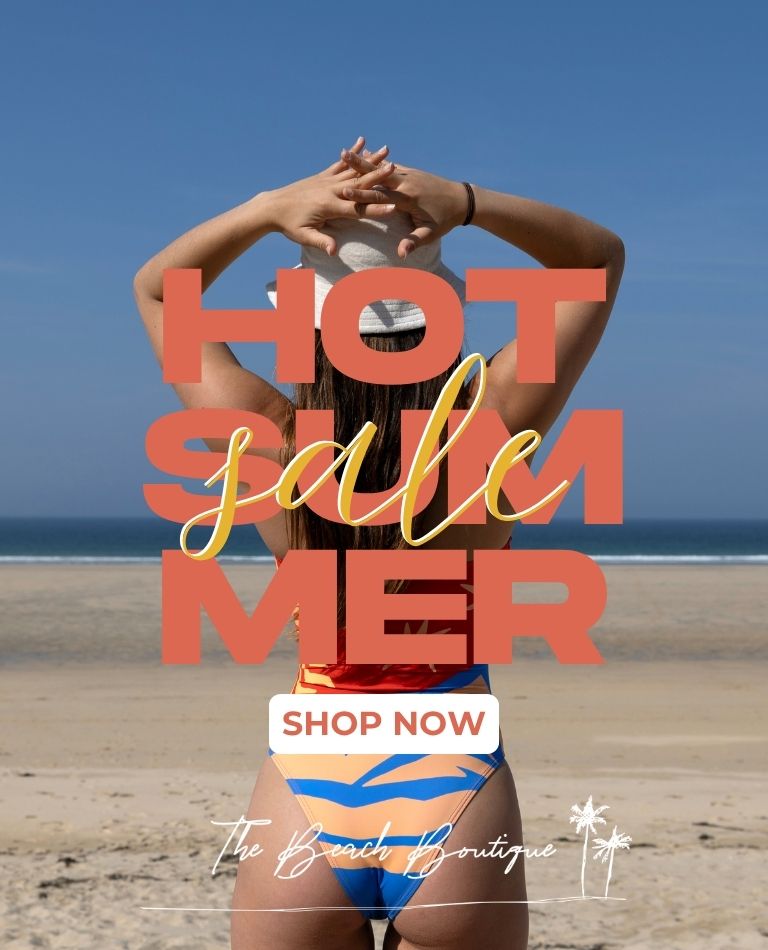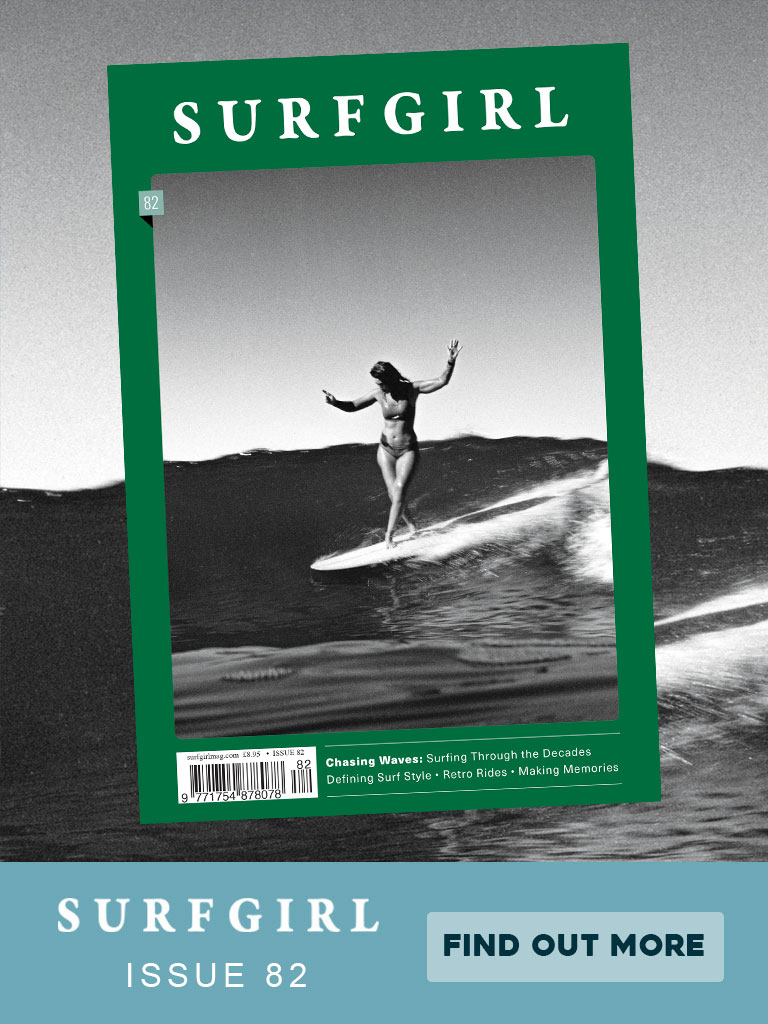
Name: Captain Liz Clark
Age: 38
Current Location: Hawai’i Island, Hawaii
Occupation: Writer, Brand Ambassador for Patagonia, Environmental Activist
Liz, what do you think lead you to this point in your life now? Was there a driving force behind your adventure?
Lots of dreaming, determination, hard work, and listening to my heart about what was right for me to pursue. The driving force behind my adventure was mostly my desire to surf remote waves and find a way to live more in harmony with our planet. Also to find time and space to contemplate the greater questions and mysteries of life.
Have your original goals for your Swell Voyage changed along your journey?
Yes, I initially set out to sail all the way around the world. Along the way, I realised that this wasn’t the primary goal. Instead, it was to learn, grow, enjoy myself, and to slow down the pace of the voyage made most of that possible. Now the primary goal is always to be true to myself.
What did it feel like leaving the stability of a conventional job taught you about yourself?
It was terrifying. I didn’t know how I would make an income along the way, and only had the money I’d been able to save from bartending for three years while getting Swell ready to go. But I learned over time that when you want something badly enough, there’s always a way. And that so much of what I had seen as material ‘needs’ before leaving, became unimportant.

Did you struggle to adjust to life at sea or did you feel at home from the get-go?
It was a transition. I felt at home on boats from having spent so much of my childhood on them, but making it, a lifestyle took an adjustment period. It took more patience and manual, and you have to have a higher tolerance for pain and discomfort and the elements, so embracing all of that took time.
Why do you feel it’s important to stick to your values and stay true to you and your beliefs?
I feel that this is the highest form of self-respect. It’s how you learn yourself; it’s how to develop a relationship with the Universe/God or however you call it. It’s important to feel good about yourself and at peace with the decisions you make. The cool thing is that it’s never too late to start listening and acting on those feelings, and no matter what stage of your life you are in, it always feels so good to listen to your gut.
Are there any mantras that you try to live by?
When things seem to be going wrong or not the way I had hoped, I like to repeat, “I trust you”—‘You, meaning the forces of the universe. It helps me relax, try to remember that whatever is happening it for my highest good, and that I will understand better why I’m in this situation eventually.

How can we all do our bit to protect the environment we live in?
I think the biggest thing people can do for the oceans and the planet in their everyday lives is to eat less farmed meat and dairy products. And if you are going to consume seafood, educating yourself and being very conscious about choosing sustainably fished species. In all my research, reducing the consumption of animal products, in general, has the most significant positive impact on our planet of anyone personal habit. Animal agriculture is one of the least talked about, but hardest hitting industry on our world, combined it releases more of the greenhouse gasses that cause climate change and ocean acidification than the entire transportation sector combined—about 18% of all greenhouse gas emissions. Animal Ag inflicts the most significant amount of land use change due to grazing, and due to the enormous amounts of land used to grow feed crops for the 9 billion animals raised for slaughter every year in the US. Areas that were previously for wildlife are converted to crop or grazing lands, which profoundly affects wildlife and endangered species. Runoff from the heavy fertilisers and pesticides used to grow these feed crops causes dead zones along our coasts and in lakes and rivers. Vast amounts of animal waste from factory farms also ends up in our rivers and oceans—that means the antibiotics and hormones they are fed too. Choosing to eat more local, organic, plant-based options has the biggest bang for the buck if you want to do something to help our planet! It’s something you do three times a day. You save incredible amounts of water, and just as importantly you are standing up to animal exploitation and abuse.
Also, becoming aware of the garbage you produce– trying to eliminate single-use plastics from your daily life by bringing reusable shopping bags, carrying a reusable water bottle, coffee cup, cutlery, straw, to go box, this is important too. Also, I think it’s essential to support conscious brands and understand what is in the products you purchase—everything from your body products like shampoos and lotions and sunscreen to the cleaning products you use in your home. Learning about what’s in these products and choosing to buy from companies who are putting your health and the planet’s health first is fantastic too. All of this stuff flows into our waterways and oceans.

What is the best piece of advice you’ve ever been given?
One day I was riding on a bus, really frustrated by someone in my life at the time, and the woman sitting next to me told me that “difficult people and situations are our most precious jewels because they give us an opportunity to practice our virtues and grow and become better humans.” Absorbing and applying this advice has changed the way I perceived adversities and helped me endure so much of the hard stuff that my voyage has presented.
Read more about Liz’s journey in her book Swell: A Sailing Surfer’s Voyage of Awakening.
Website: Swellvoyage.com
Social Media: Insta: @captainlizclark, Facebook: Liz Clark and the Voyage of Swell, Twitter: @swellvoyage



